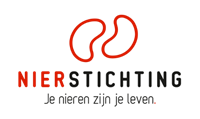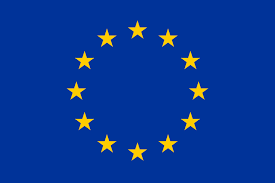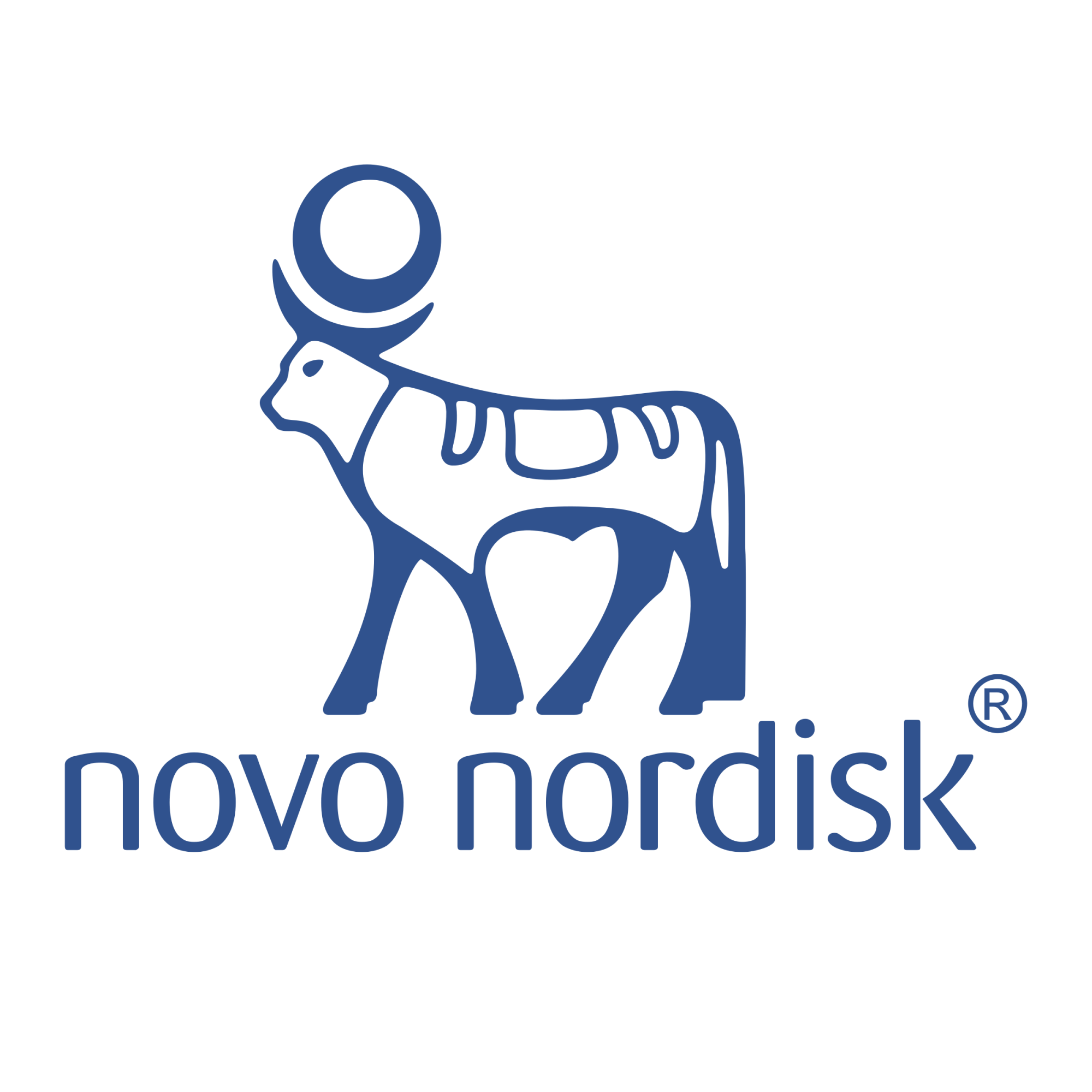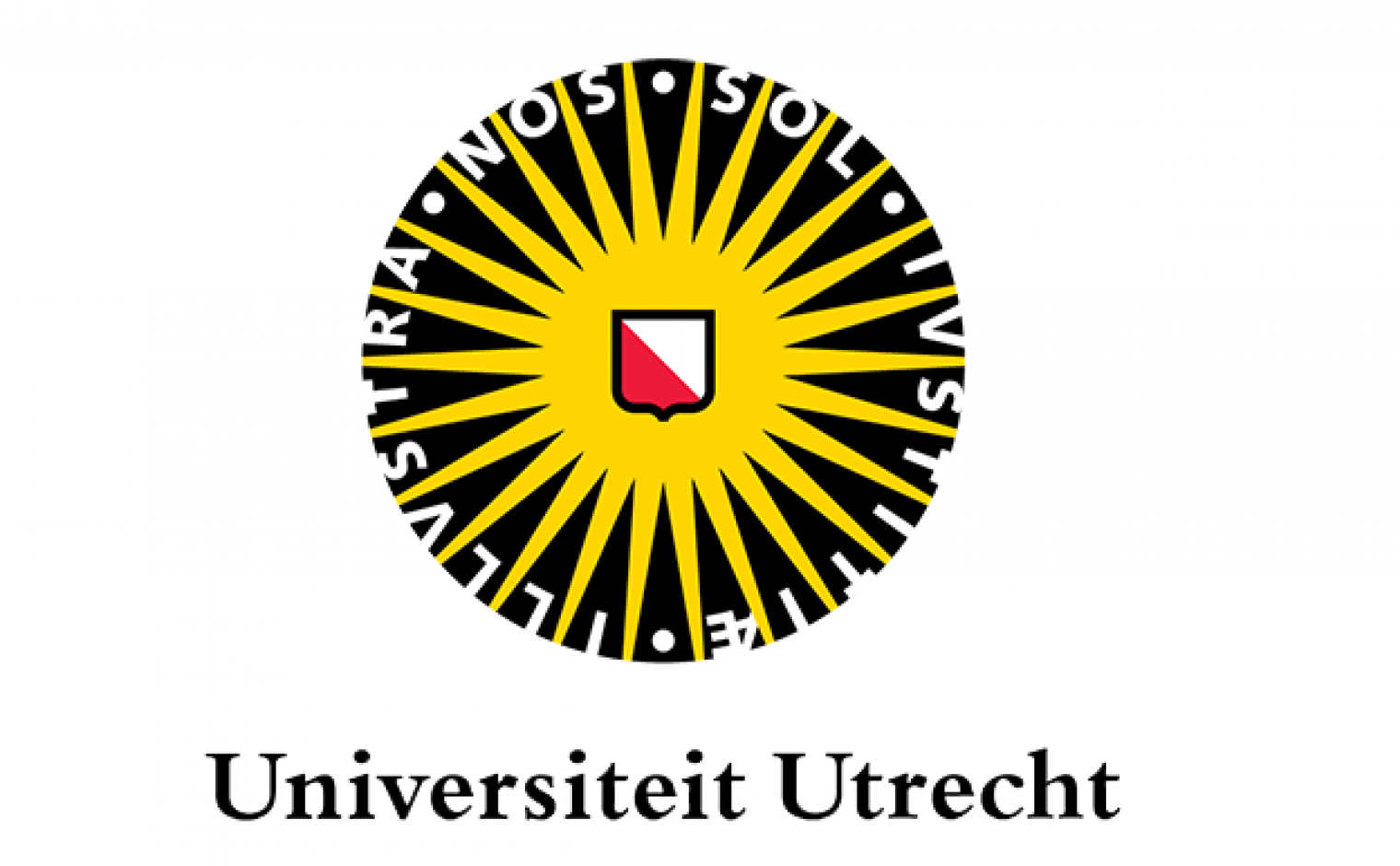HELIUS
Healthy Life in an Urban Setting
The mission of HELIUS
We want...
…to understand why some groups of people are healthier than others. And how this can improve.
Read more
We do this by...
…examining health data of people with different backgrounds. With the results of our research we provide advice to organizations that are developing new policies for better health for all.
Read more
Cardiovascular diseases
Why do Moroccan people suffer less from cardiovascular disease than people of Dutch descent?
Mental health
Why are depressive symptoms more common in people of Turkish descent? And what does this mean?
Infectious Diseases
What are the long-term effects of the COVID pandemic for Amsterdam residents with different backgrounds?
Research findings and how they are used
The data we collect at HELIUS is used for research. In doing so, we make an impact on health policy. Read more about our findings and how our knowledge is used.

Frequently asked questions about HELIUS
What is the HELIUS study about?
Within HELIUS we investigate a number of common diseases such as cardiovascular diseases (including diabetes), mental disorders and infectious diseases. HELIUS is the first large-scale study about ethnic diversity in health and health care in the Netherlands. People of Surinamese, Ghanaian, Turkish, Moroccan and Dutch descent participate in HELIUS.
Why does HELIUS only investigates 5 certain groups of people?
Amsterdam alone is home to people of 190 different nationalities. It is not feasible to examine all of these population groups. Therefore, in addition to Amsterdammers of Dutch descent, the four largest population groups in Amsterdam participate in this study.
An exception to this is the Ghanaian group. Although this is a smaller population group, Ghanaians are participating in this study because it is a rapidly growing group. And because we know from previous research that there are many health problems in this group.
What does the HELIUS study yield?
Because of HELIUS, we know that some groups of people are healthier than others. These health disparities are large. We also see that mental health disparities do not reduce in second-generation participants compared to first-generation participants. You can read here what we already know thanks to your participation in the HELIUS study! And what changes are needed for a healthier future for all.
What is the impact of HELIUS?
With our knowledge about health disparities, people who work in health care or at the municipality can better solve health problems. For example, by knowing better how to prevent certain health problems (prevention) and by inventing new treatments.
About us
HELIUS was set up by the Amsterdam UMC (formerly, Academic Medical Center (AMC)) and the Amsterdam Municipal Health Service (GGD). The goal of HELIUS is to give all residents of Amsterdam equal opportunities for good health and good healthcare.
Our knowledge
Latest publications
We use the data we collect at HELIUS for research purposes. We will write an article about the findings. In the publication database you can find all HELIUS publications and read the English scientific article or the Dutch abstract.
Grant organizations






External users




